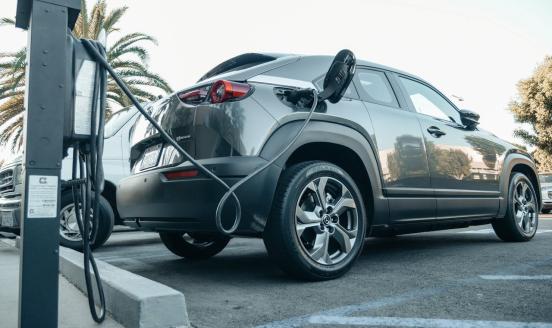
Inclusive economy
Explore the changing nature of work, what it means for job quality and wellbeing as well as the impact of technology on jobs.
The project on the Future of Work and Inclusive Growth marked its first anniversary in 2021. The project team closely analysed the impact of technology on the nature, quantity and quality of work, welfare systems and inclusive growth at large. That included exploring the role of technology and AI in reshaping society, particularly when subject to extreme stress (eg during a pandemic), and considering those who have been most affected by these forces in the short and long terms.
Our researchers also started a transatlantic expert exchange on the topic of the future of work, in order to feed into current and future EU-US policy dialogues and to develop policy ideas to address challenges related to the future of work. Moreover, we have continued to look into the issues of convergence and divergence within the EU single market, with a particular focus on identifying how the process of convergence itself links to greater inclusiveness of the different segments of society across the EU.
Recently published and updated

European natural gas imports
This dataset aggregates daily data on European natural gas import flows and storage levels.

Zooming in US-China tech rivalry
A comparative exploration of US-China innovation frontiers

Use the financial system to enforce export controls on Russia

What visions for Europe? Unpacking EU parties’ economic strategies
The EU elections are around the corner. What economic plans are the parties advocating for?

Industrial policy for economic security
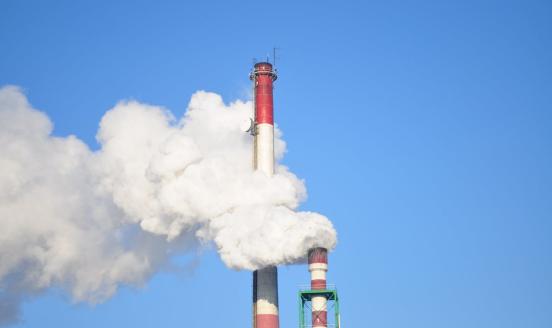
Climate change, the next big financial threat
A warming planet poses new risks to European sovereign debt. How can the continent protect itself?

China’s ‘new productive forces’ risk overcapacity bubble

India's economy can overtake China's if it can stay on track
Future of Work and Inclusive Growth in Europe
A long-lasting European research-to-action project, in collaboration with the Mastercard Impact Fund and Mastercard Center for Inclusive Growth.
Discover the projectPublications

Economic arguments in favour of reducing copyright protection for generative AI inputs and outputs
The licensing of training inputs slows down economic growth compared to what it could be with competitive and high-quality GenAI
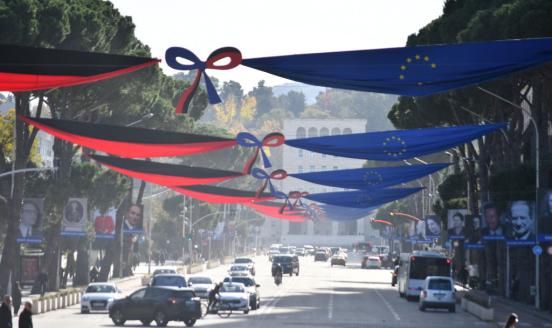
The rocky road to EU accession for Western Balkan countries: obstacles and lessons from the Eastern Partnership
The three eastern European states had practically no waiting time before being accepted as candidate countries right after application
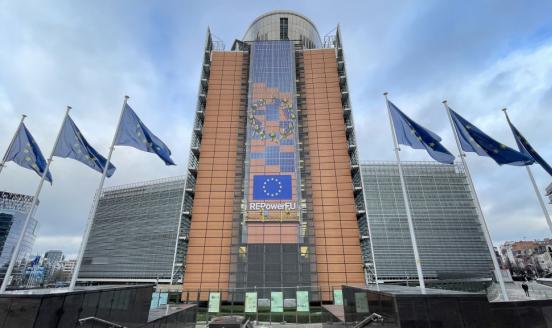
Broader border taxes: a new option for European Union budget resources
The purpose of this paper is to review the Commission’s proposal and to contribute new ideas for ‘genuine’ own resources

Incorporating the impact of social investments and reforms in the European Union’s new fiscal framework
This paper proposes an approach for quantifying the impact of public investments and reforms on debt sustainability

Exposure to generative artificial intelligence in the European labour market
Women, highly educated and younger workers are more exposed to generative AI. Policy can intervene on both the labour supply and labour demand side
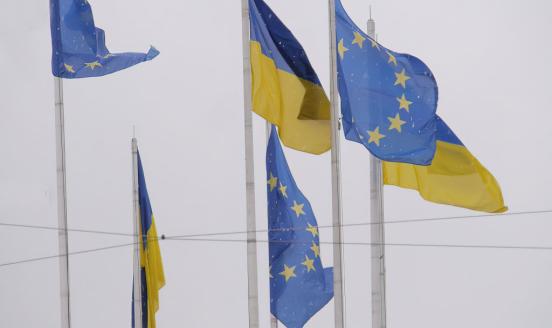
Ukraine’s path to European Union membership and its long-term implications
The war complicates the accession process, but Ukraine can work progressively towards meeting the entry conditions
Transatlantic Expert Group on the Future of Work
Promoting the exchange of views and best practices in the area of the future of work that can feed current and future EU-US policy dialogue.
Explore the projectBruegel Blog
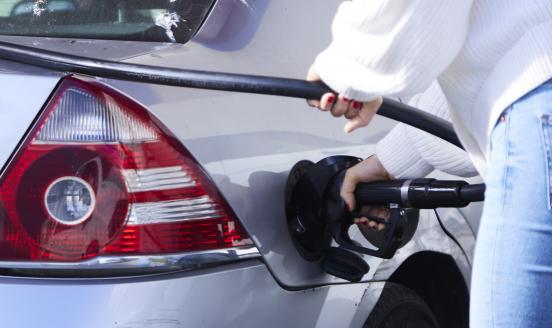
The fiscal side of Europe’s energy crisis: the facts, problems and prospects
Europe needs to move beyond emergency fiscal responses and focus on structural changes to allow the EU to accelerate its decoupling from fossil fuels.
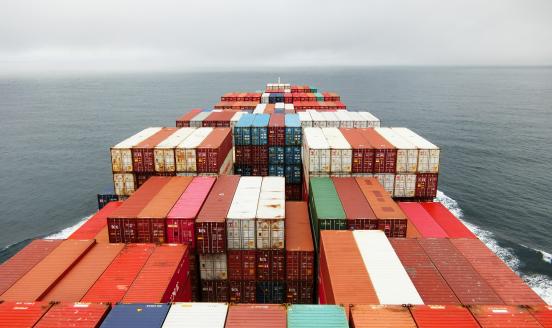
Is Europe failing on import diversification?
Despite a goal of economic self-reliance, the European Union’s imports are generally sourced from an increasingly limited set of suppliers.
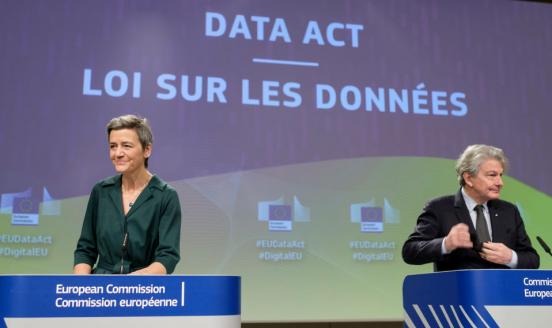
The difficulty of designating gatekeepers under the EU Digital Markets Act
The European Commission should be more precise and transparent when designating gatekeepers under the European Union’s Digital Markets Act.
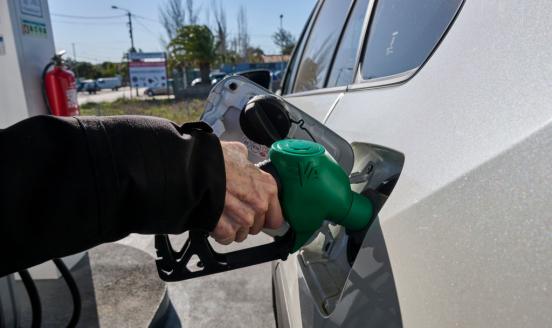
Europe’s half a million barrels per day diesel supply question
A new European Union embargo on Russian oil products should not affect EU diesel supplies and prices, but could encourage re-routing by Russia.

Web3: the next internet revolution
Tokenisation based on blockchain technology could bring radical changes to markets for goods and services.

Has the Digital Markets Act got it wrong on app stores?
The app-store obligations in the European Union’s Digital Markets Act are unlikely to weaken the market power of Apple and Google.

Understanding barriers and resistance to training in the European Union
People with less education are also less able and willing to participate in training; understanding why is essential to prevent a widening skill gap.
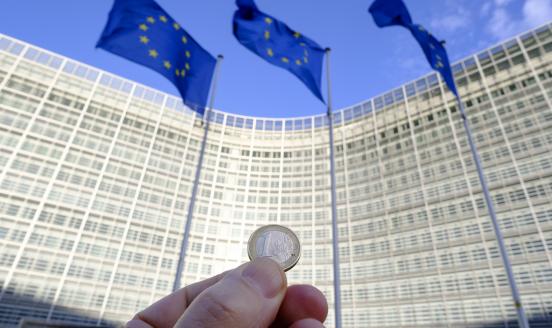
If it doesn’t trade, is it really marketable debt?
Europe’s bond markets are essential infrastructure, just like the power grid.
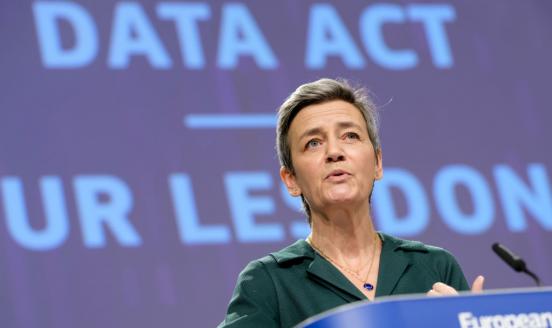
How to fix the European Union’s proposed Data Act
The proposed EU Data Act on industrial and non-personal data should be simpler and clearer, or the benefits could be limited.

Do financial markets consider European common debt a safe asset?
The interest rate on European Union bonds is now almost as high as that of supposedly riskier Spanish bonds; this risks defeating their purpose.

The ‘anywhere’ jobs are not everywhere – they’re in cities
Given new remote working arrangements, online gigs can be completed in the lowest-cost locations; they’re mainly done by workers in large cities.

Will the European Union price cap on Russian oil work?
The G7 Russian oil price cap is an ambitious but untested instrument. While pitfalls exist, the cap has the potential to be the most potent sanction.
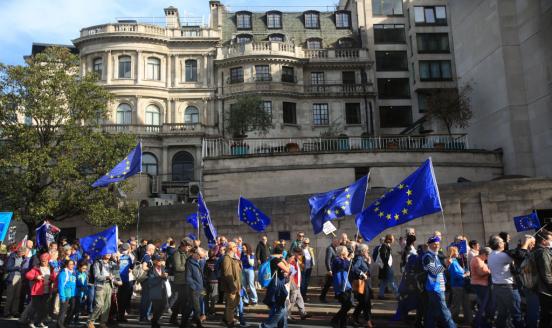
The European Commission's fiscal rules proposal: a bold plan with flaws that can be fixed
The European Commission’s proposal for reforming the EU fiscal rules is far-reaching, but its shortcomings need to be addressed.

Does inflation hit the poor hardest everywhere?
Low-income households suffer most from high inflation, but in some European Union countries the inflation burden is felt more equally than others.
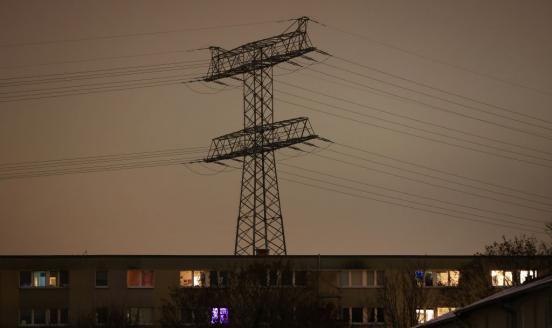
To cap or not to cap: the deal Europe needs on energy prices
An EU gas price cap would be counterproductive, but the reasons why it is supported widely must be acknowledged and addressed.

With a little help from some friends: coordinating Digital Markets Act enforcement
Digital Markets Act enforcement will be much more effective if EU member national authorities are involved

Success at COP27 will be defined by progress on climate finance and ‘loss and damage’
COP27 should create the basis of a global loss-and-damage fund to help vulnerable countries already suffering from climate disasters.
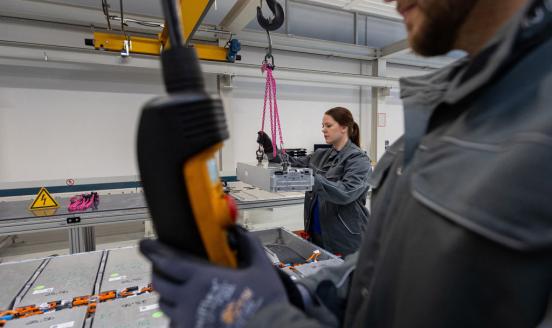
Beyond the training gap: learning foundational skills on the job
Low-skilled workers tend to have jobs that are less likely to foster foundational skills. This worsens skills gaps and income inequality.
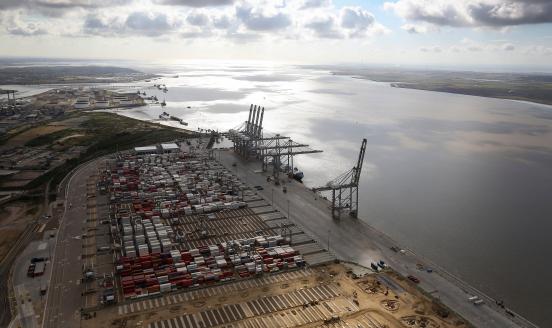
Is globalisation really doomed?
Globalisation is under attack; to preserve its benefits, healthy domestic social contracts are essential.
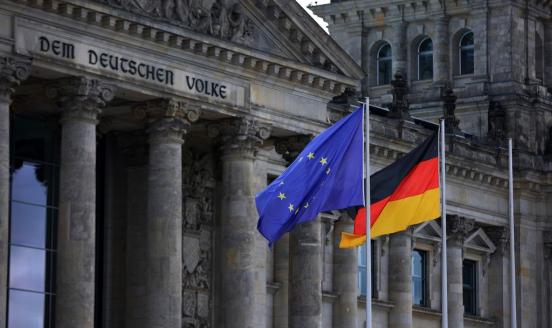
European Union fiscal rules: is a better system feasible?
EU countries seem to be converging on a set of reform objectives. But can these be jointly satisfied? Two recent proposals offer some hope.
